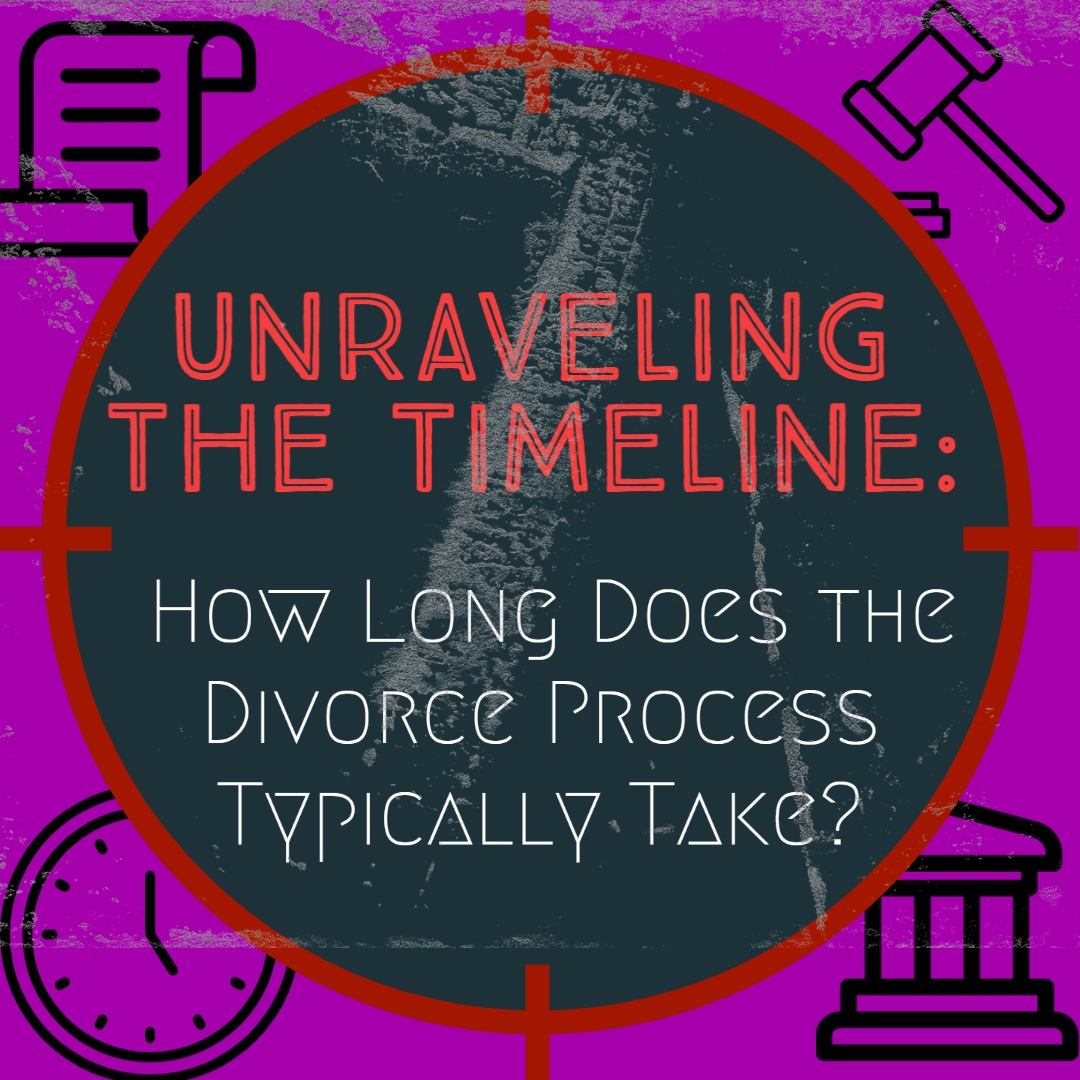When embarking on the path of divorce in New York, many individuals ask me about the timeline of the entire process. Understandably, they seek clarity on how long it may take to finalize their divorce and move forward with their lives. It is a fair question, but one that the approximate duration can vary depending on various factors which are outlined below. However, I emphasize that the fastest way to get divorced in New York will be with an experienced divorce attorney.
Factors Influencing the Duration:
- Type of Divorce: The type of divorce you are going to pursue (i.e. contested or uncontested) is in my opinion the most important factor for how long a divorce may take because it can significantly impact the timeline. An uncontested divorce, where both parties agree on all key issues, tends to be faster and more streamlined compared to a contested divorce, which involves disagreements and requires court intervention.
- Participation of the Parties: A spouse whose whereabouts are unknown, or a spouse who refuses to formally appear in a divorce will ultimately delay the divorce process. The former may require an application to the court requesting that the missing spouse be served notice of the divorce by alternative means. In the latter, after service has been effectuated, it may require multiple court appearances before the court ultimately can grant the divorce.
- Complexity of Issues: Unsurprisingly, the complexity of the issues involved in your divorce can influence the timeline. Matters such as child custody, property division, alimony, and debt allocation may require additional time for negotiation, mediation, or court hearings.
- Locality: Lastly, the divorce process timeline, is heavily influenced by the court itself in the County in which you reside. Different Counties in New York have varying waiting periods because of the number of cases filed ahead of you, their court schedules, and the number of staff, clerks, Judges/Referees available, all of which affect how long the process will take.
Typical Stages of the Divorce Process:
- Initial Consultation and Filing: The divorce process should begin with an initial consultation with a divorce attorney, who will gather relevant information and advise you on the next steps. It is at the stage where the attorney should be able to give you a estimation of how long your case may take if uncontested or contested in the County you plan on filing in. Once the decision is made, the attorney will assist in preparing and filing the necessary paperwork to initiate the divorce action.
- Service and Response: After the divorce action is filed, notice of the case will need to be served on the other spouse. There is a deadline to serve notice of the divorce action, and the attorney should help coordinate service by hiring a professional process server. After the divorce papers are filed and served, the other party has a specific period to respond.
- Court Proceedings: In contested divorces, where agreements cannot be reached through negotiation or mediation, court proceedings become necessary. The scheduling of court hearings and the availability of judges can impact the timeline. This stage can range from a few months to over a year, depending on the caseload and complexities involved.
- Discovery and Negotiations: While this stage can be done before court intervention, the discovery process often gets moving after the first court appearance is scheduled. The discovery process is where both sides exchange information and documentation related to finances, assets, and other relevant matters. Negotiation and mediation can also be pursued to reach agreements outside of court contemporaneously with the discovery process.
- Finalizing the Divorce: Once all matters are resolved, either through negotiation, mediation, or court decisions, the divorce can be finalized. This typically involves drafting and signing the Judgment of Divorce, which legally terminates the marriage. The time to obtain the final divorce decree can vary, but it often after a few months after the resolution of all issues.
Conclusion:
The timeline of the divorce process is highly variable, influenced by factors such as jurisdiction, the type of divorce, and the complexity of the issues involved. While it is challenging to provide an exact timeframe, understanding the typical stages and factors impacting the duration can give you a better idea of what to expect.
Remember, each divorce case is unique, and the timeline may deviate from the average. Working with an experienced divorce attorney who can guide you through the process and advocate for your interests is crucial. They will help you navigate the legal complexities and strive to achieve a resolution efficiently, keeping in mind your specific circumstances and goals.
Ultimately, patience and realistic expectations are key as you embark on this journey. By seeking professional guidance and support, you can navigate the divorce process with confidence, empowering yourself to move forward and embrace a brighter future.
**This post contains attorney advertising. Prior results do not guarantee a similar outcome. **
If you need a Family Law attorney, contact Stephan F. Shattuck, Esq. Call (646) 543-3391 or click here to schedule yourself online for a consultation.






